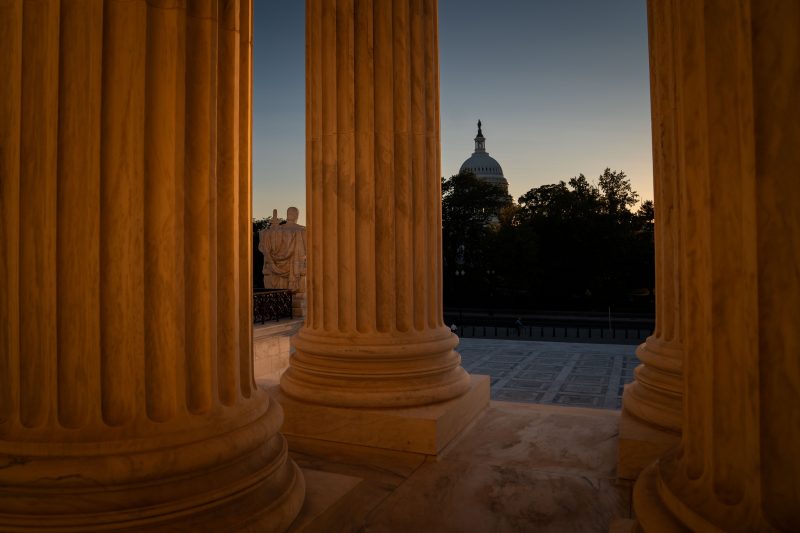The United States has an extensive and long history of government shutdowns. This pattern of chaotic instability has been repeated again and again since 1976, when the first partial shutdown occurred. Though many of these shutdowns have been brief and have served as effective ways to negotiate tense government standoffs, some have been painful reminders of how irresponsible politicians can cause economic hardship for a great number of citizens.
The most recent U.S. government shutdown, between December 2018 and January 2019, is no exception. The dispute between Congress and the White House that led to it was based on a $5.7 billion demand for the construction of a wall along the U.S.-Mexico border. Failing to reach an agreement, President Trump triggered a 35-day government shutdown – the longest in history. During the shutdown, government employees across the country were either furloughed or worked without pay, resulting in thousands of dollars of lost wages.
The mistakes of the past can teach us a lot. Looking back, it is easy to see that a government shutdown should not have become necessary in the first place. None of the shutdowns dating back to the mid-1970s have lasted more than one week, yet this most recent shutdown lasted more than a month. This speaks to the fact that the United States has not learned from its history of government shutdowns, and many of its citizens are suffering the consequences.
Though Congress and the president did eventually come to an agreement, the recent shutdown serves as a stark reminder of how little control most American citizens have when it comes to policy debates between our elected officials. All too often, these debates lead to a government shutdown and the suffering of those it affects most – the everyday workers impacted by the strained budget and blocked services.
It is time for representatives to recognize the potential and consequences of a government shutdown. To avoid similar problems in the future, politicians must be willing to compromise and understand the limits of their power as representatives of the people. Long-term solutions, such as those set forth by the National Commission on Fiscal Responsibility and Reform must be discussed in order to prevent future government shutdowns from becoming a reality. Instead of continuing a long and costly cycle of instability, the U.S. should learn from its past mistakes and come to a quick and equitable solution.
